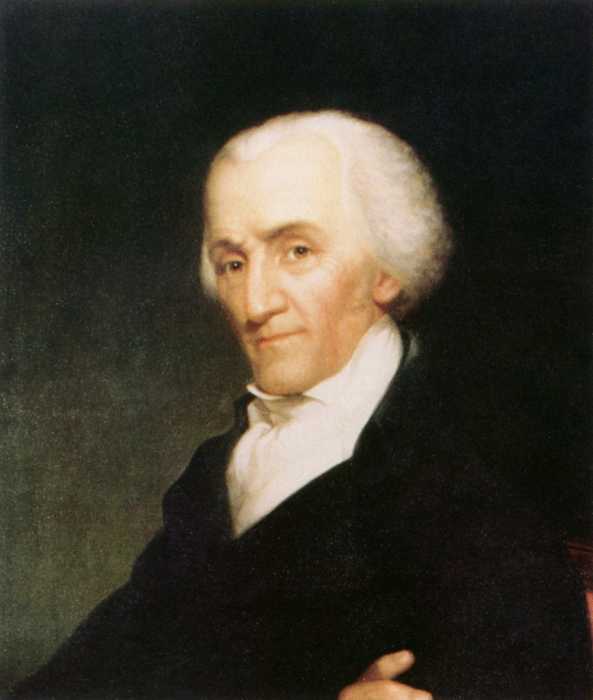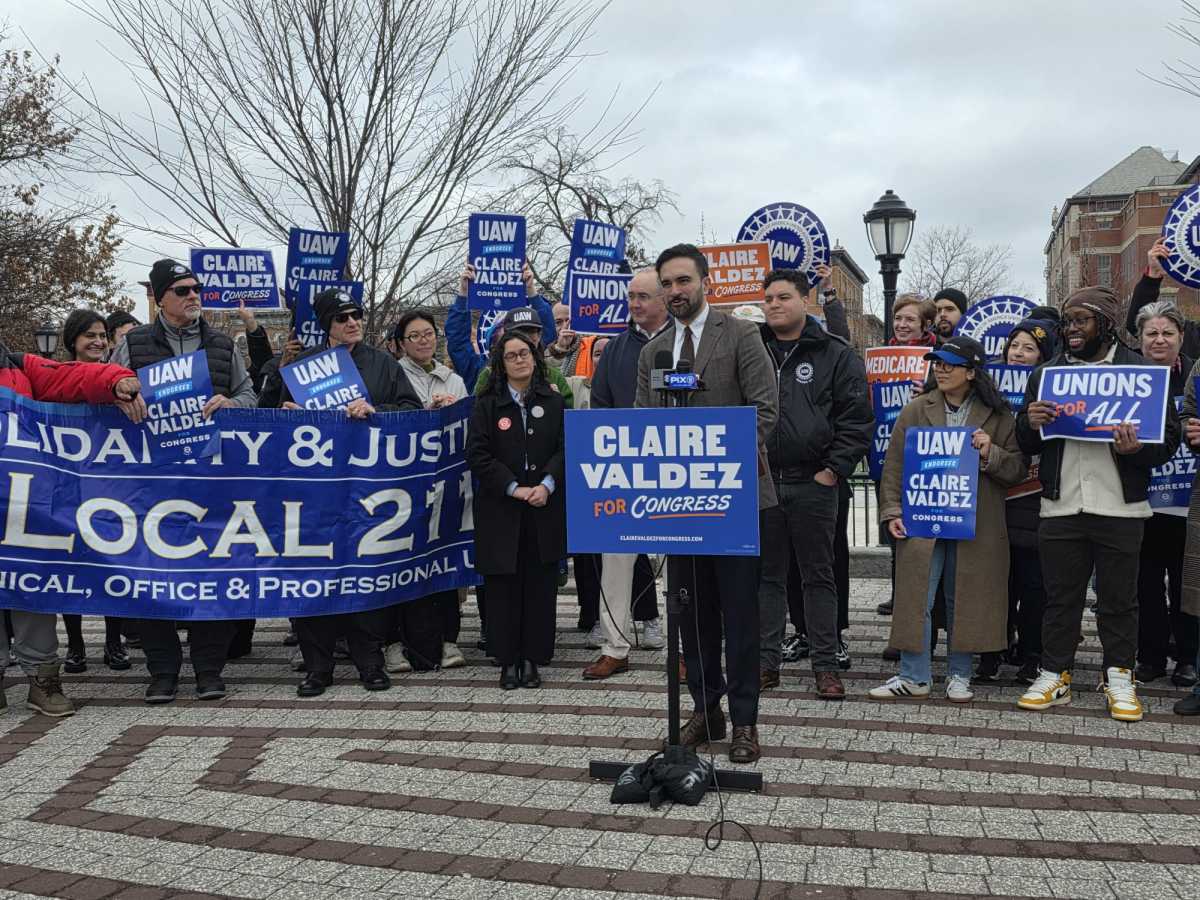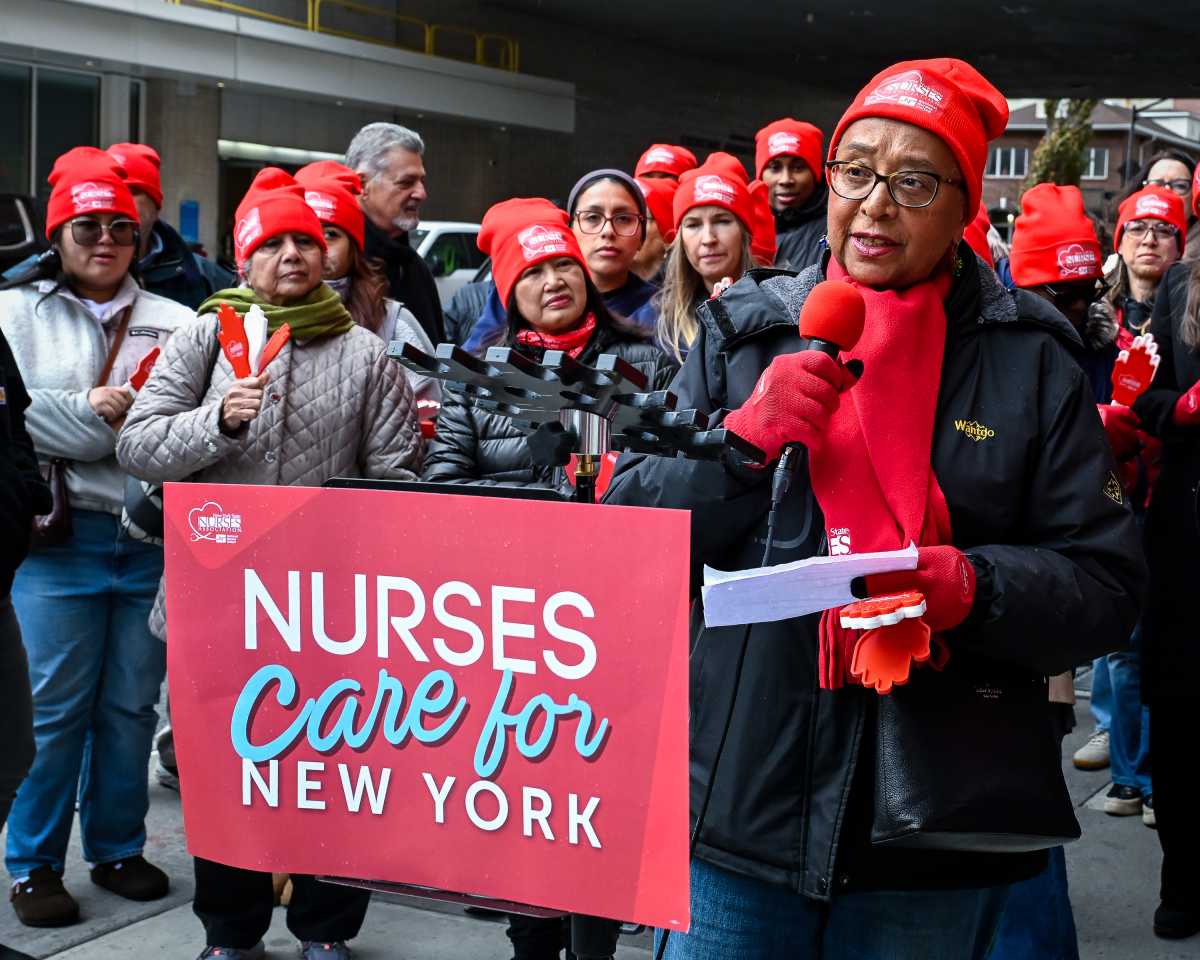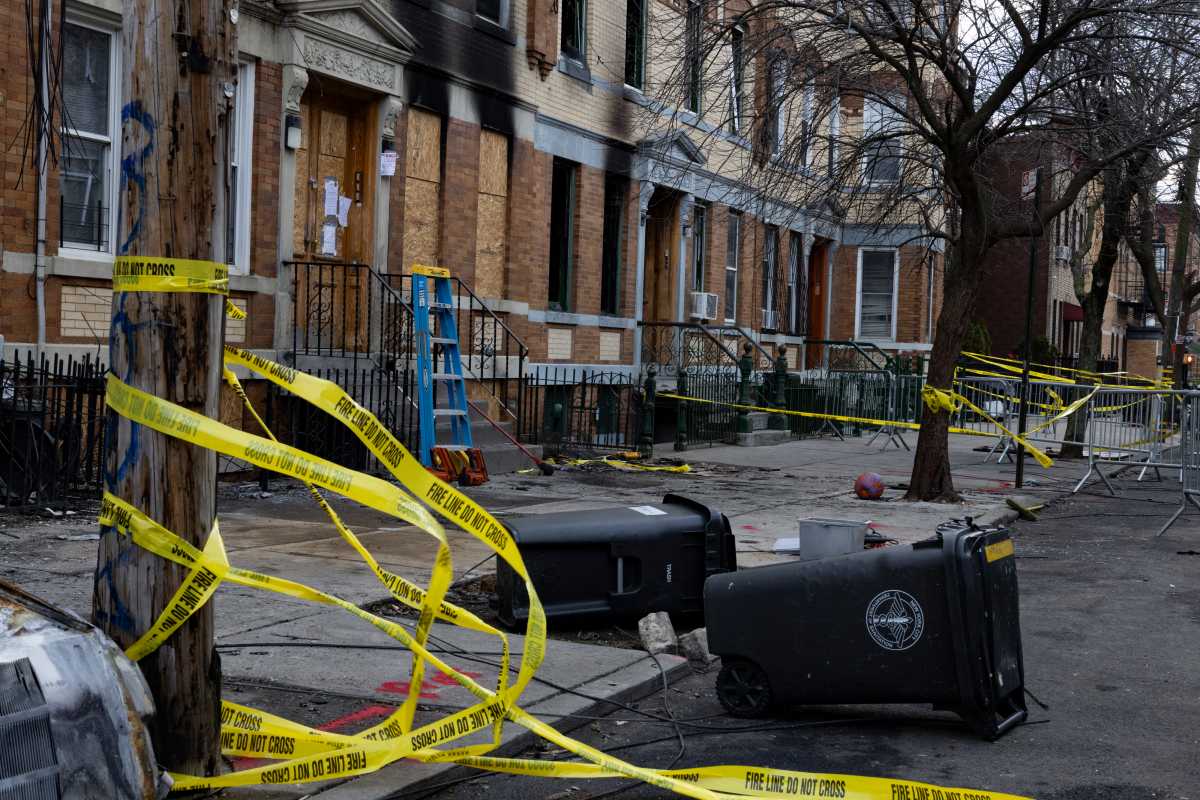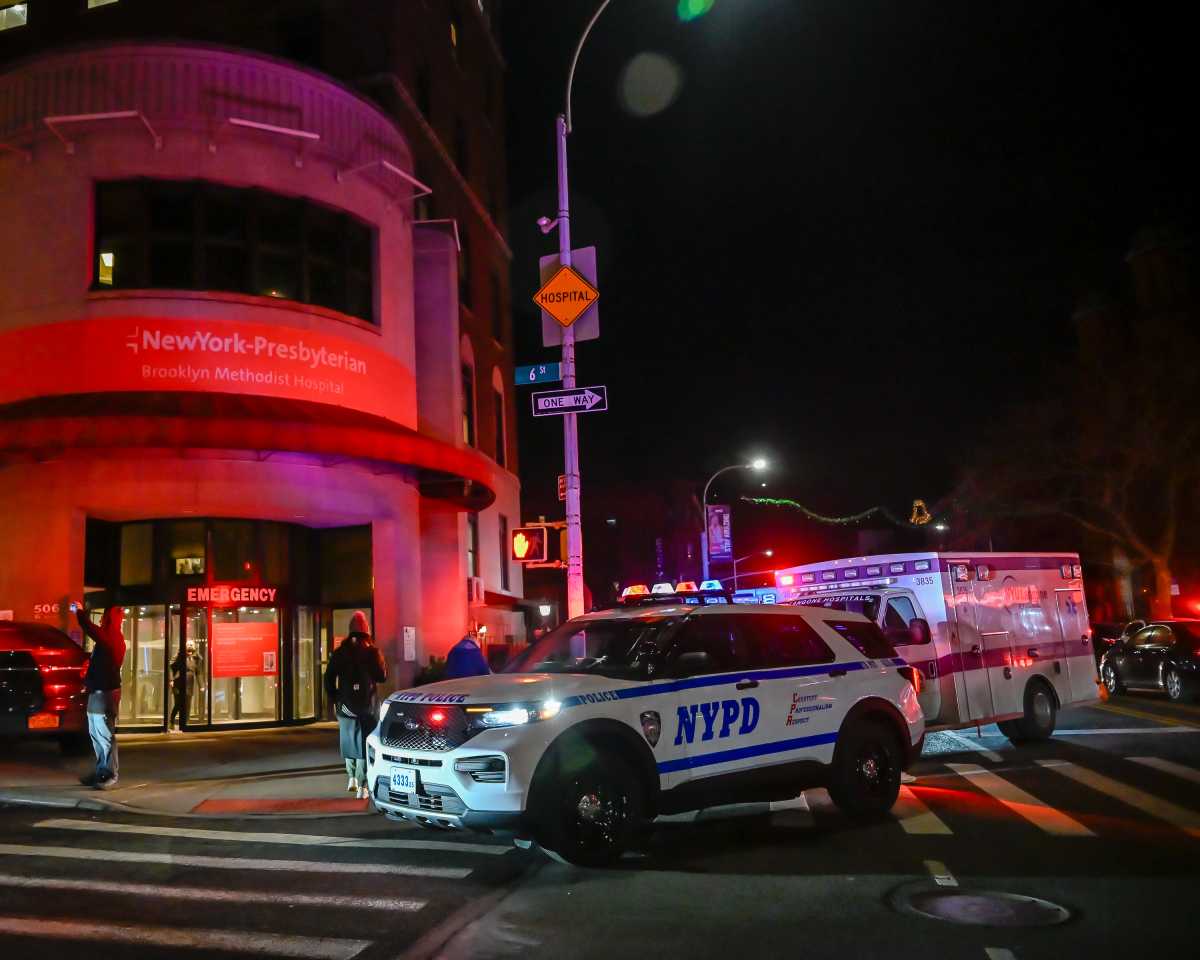
I’m a serious devotee of the Clinton Hill Library.
You can find me there at least twice a week. My 8-year-old son, Ivan, has learned how to use my phone to put holds on books he wants to read. Texts constantly alert me that another Magic Tree House book has made its tortuous journey from Canarsie or Bensonhurst, and is ready for pickup in Clinton Hill.
NYC has the nation’s largest public library network — more than 200 branches and several scholarly research centers. Yet our libraries are starved for resources, according to a recent report by the Center for an Urban Future, which found that despite growing use, New York City’s branch libraries suffer from woeful disrepair and outdated technology. The center also found that our libraries are funded through a “broken” system badly in need of overhaul. Individual elected officials have too much power, and the libraries’ curious nonprofit status leaves them at a disadvantage when it comes to funds controlled by the mayor’s office.
So you might think I’d be all over the NYC Neighborhood Library Awards, a contest sponsored by the Charles H. Revson Foundation, the Stavros Niarchos Foundation and WNYC radio’s “Brian Lehrer Show” that allows dedicated users like me to help our branch library win up to $20,000 by explaining how it makes our “community a better place.”
But I won’t be nominating my branch library for this award.
That’s because I don’t think funding for public goods should be a competition. Why should some of my library’s funding be contingent on its superiority to a library in East New York or Dyker Heights? Doesn’t every New Yorker deserve to live near a well-funded branch library? Only a monster would argue that Clinton Hill babies deserve new, unchewed board books more than babies in Brownsville do.
Contests like these invite us to accept scarcity, making a game out of the reality that there is not enough public funding to go around. Why accept that reality? What if our taxation structure — and the system for funding the libraries — were fair, and addressed everyone’s needs?
Let’s demand such changes. In the meantime, if you want more funding for your library, good luck!
Liza Featherstone lives and writes in Clinton Hill.







